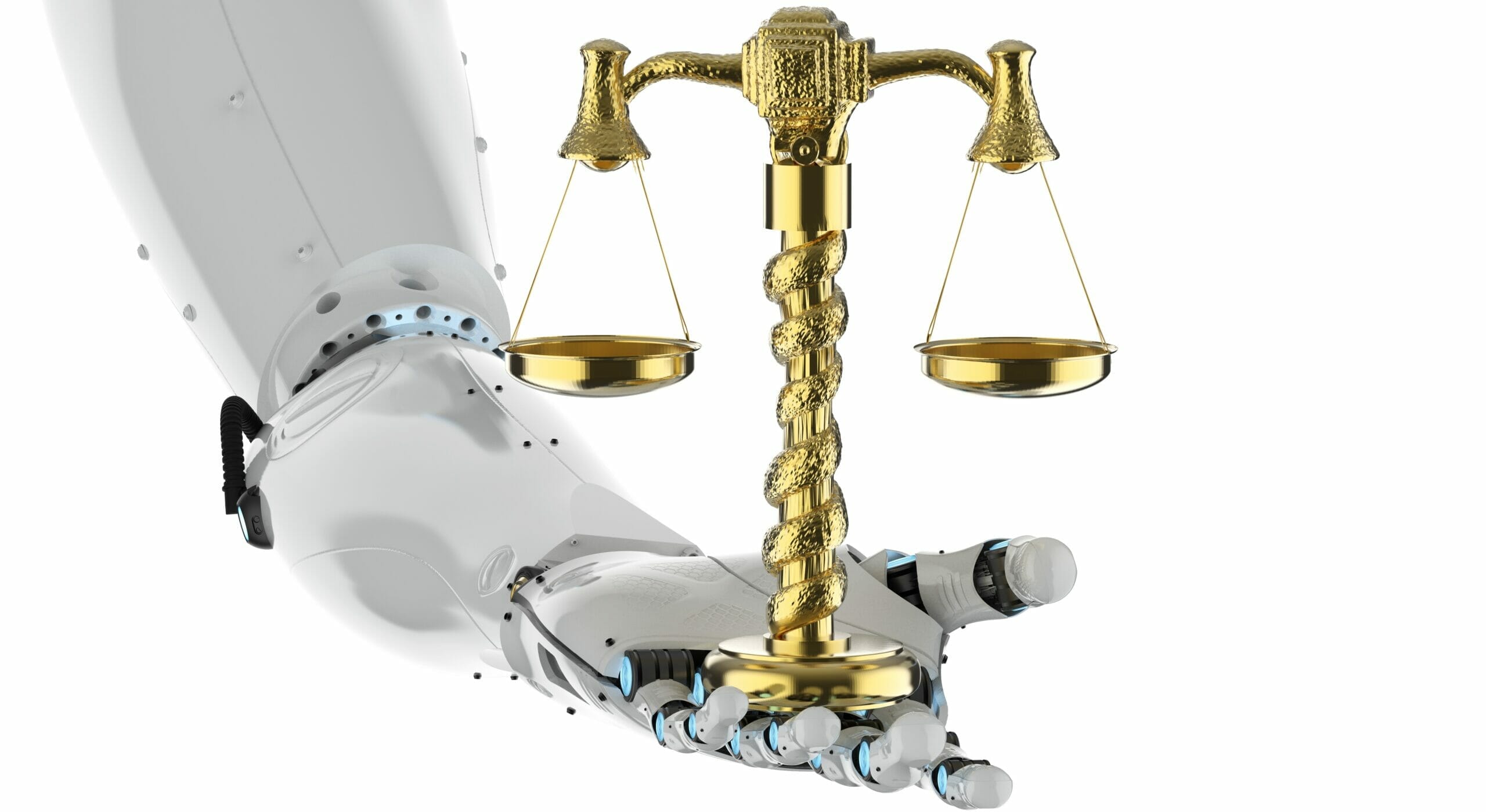The latter question must necessarily lead to a defensive reflex reaction on the part of lawyers, which would not surprise anyone since lawyers, too, do not want to feel replaceable. Yet the guilty party is one little word alone: “or”. It causes that technology is regarded as an opponent that has to be fought, which quite accidentally tallies in with a further nature that has been instilled into lawyers. Fear of change causes them to (deliberately) open a secondary theatre of war which allows to be diverted from the real decision to be taken. This is done on the strength of the erroneous opinion that as long as we don’t change ourselves, customers and the market won’t change either. However, there is no right of first refusal; the changes will also take place without the lawyers’ consent.
To argue that one would only get involved with digitalisation in the legal market once it works faultlessly shows an attitude of refusal. Allow me to illustrate the error in this logic – which is perfectly understandable in human terms, but still contradictory – with the help of two examples. Let’s have a look at our mobility first: if we lawyers would want to wait until a technology is 100% safe, we would neither fly nor drive cars today, for each of us is aware of the fact that aircraft still crash and that road accidents happen.
For the second example, let’s try to imagine a situation whereby some X-rays of your lungs have to be assessed. Would you rather have them assessed by a doctor or by a machine? Most of us would intuitively opt for the doctor since after all, this is a highly personal and most sensitive matter. This decision is easy to understand, but rationally wrong, for the doctor may only have seen a few dozen of such X-rays, and at irregular intervals. The machine, however, is aware of millions of such X-rays at every instance and is therefore vastly superior even to specialists. Why, then, do we arrive at this illogical result? The reason is a little devilry, which I concealed in my question: the unassuming word “or”. After all, the best solution for you would be if the machine made the first assessment, which would then be validated by the doctor, who at the end – particularly in the case of bad results – would hopefully communicate the diagnosis as emphatically as possible.
It is precisely this approach that we should also apply in the legal market. The point thus is rather about make and buy, and lawyer and machine. Let’s have other providers or machines do the work for which they are better suited than human lawyers, and let us lawyers rather concentrate on where we have the superior competencies. This will enable us to think in terms of alternatives rather than confrontations, and to pool forces to look for optimal solutions in a constructive and cooperative way. This can only be conducive to an opening of the mind and to the discovery of new ideas and to the implementation of innovations and to the mastery of the concomitant changes.
Why don’t you start right now an experiment on yourself and replace the readily used killer argument “or” with an “and”? This will lead to more differentiated results that are better suited for everyone concerned.
This article was published in German on 26 March 2020 at smartlegalmarket.com
About the author(s)

Prof. Dr. Bruno Mascello Director, Academic Director Law & Management
Newsletter
Get the latest articles directly to your inbox.
Share article
More articles
The Future of Work and the Central Role of Diversity & Inclusion
Leadership in Transition: Five Trends of Modern Leadership
The future of work – also relevant for the legal market?
Why inclusive leadership matters for every generation
Do young lawyers need leadership, too? Classification according to generations – slightly arbitrary, but useful

